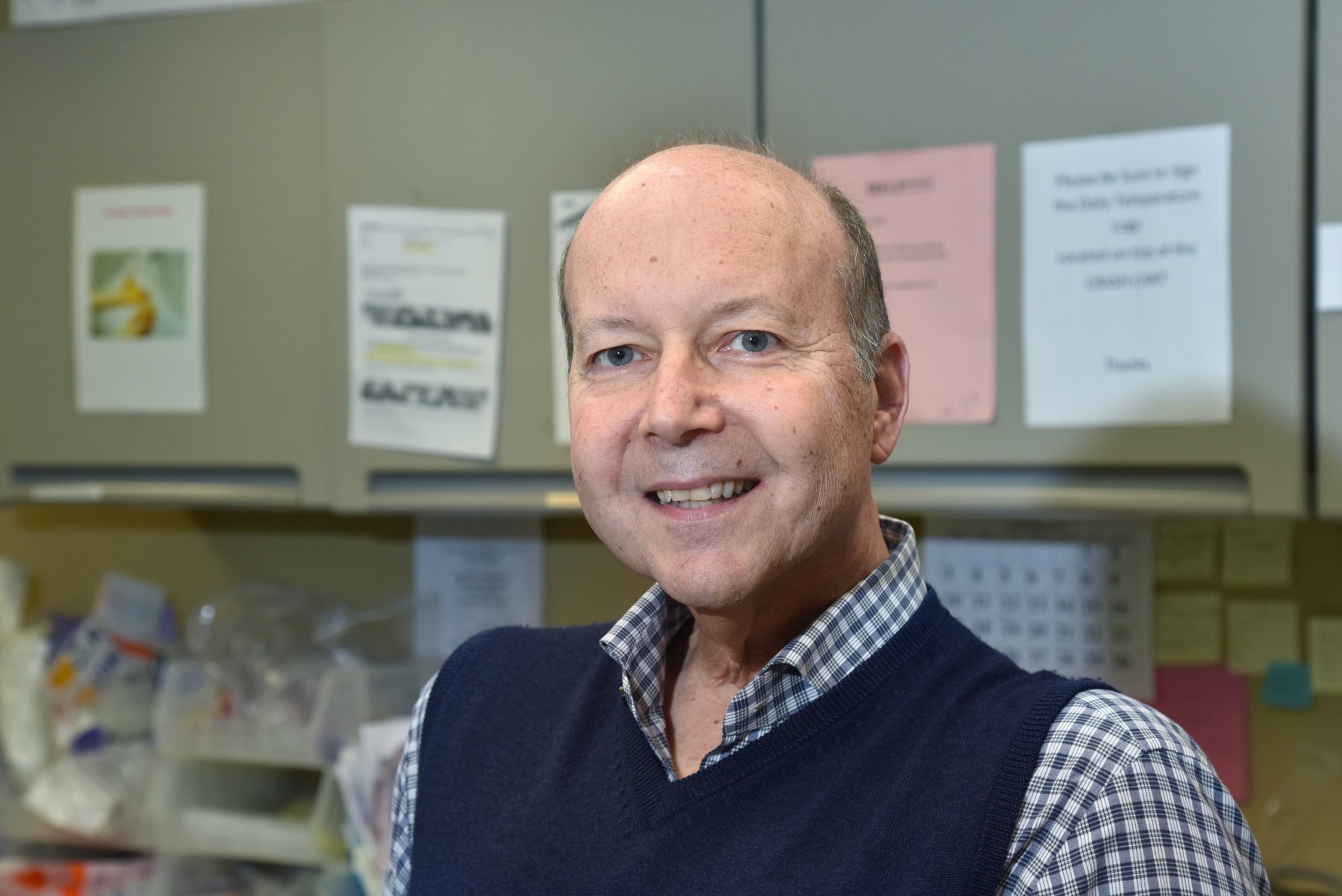When is it a holiday binge and when is it a problem?

Overindulgence is an unofficial holiday tradition. Snowman-shaped cookies dissolve on the tongue, leaving behind feelings of shame at having downed 15 in a row. For those suffering from binge eating disorder, the cycle of overeating and guilt is an evergreen experience, aggravated by — but not isolated to — the holiday season.
"Just eating a lot over the holidays and feeling bad about it is not binge eating," says Dr. Russell Rosenberg, founder of NeuroTrials Research. "Oftentimes, it is out-of-control eating and eating more than someone might eat in a relatively short period of time and hiding it from others. It is almost like a compulsive behavior."

According to the National Eating Disorders Association, binge eating disorder, commonly called BED, is the most common eating disorder in America. It affects 3.5 percent of women and 2 percent of men. "You couldn't look at me and I couldn't look at you and say, 'You're a binge eater,'" Rosenberg says. "I might be able to follow you around for the day and not be able to tell."
BED is a pattern of overeating and not simply an isolated event, the same way pigging out at Christmas dinner is. Here are some signs:
- People with BED binge, on average, at least once a week for three months.
- Binge episodes usually entail eating large amounts of food quicker than normal, often when not hungry.
- These episodes frequently occur alone and are followed by feelings of disgust, depression and guilt.
“Like many disorders, people don’t want to talk about it,” Rosenberg says. “They don’t want to admit it’s a problem. There’s a certain amount of shame in just admitting you can’t control what you eat.”

Rosenberg is the lead investigator on a clinical trial of a new binge eating disorder medication at NeuroTrials Research. The drug aims to help adults with BED focus better and control their behavior; NeuroTrials Research is currently testing the safety and effectiveness of the medication.
Study participants are asked to keep careful track of their eating habits and are administered either the new drug or a placebo. The medication is undergoing a double-blind trial, meaning neither the participants nor the researchers know who is actually receiving the medication (this information will be revealed at the end of the experiment). When the trial concludes, the U.S. Food and Drug Administration will examine the results and determine if the drug is safe for the market.
“It’s very gratifying to see people feeling better and more in control of their lives,” Rosenberg says. “These are people who are silent sufferers. They might even be embarrassed to talk to their family doctor about it because they don’t know what they can do about it. But there are things that can be done about it.”
Several treatments for binge eating disorder already exist, including medication and therapy. Talk to your doctor if you think you might suffer from BED.
“The good news is that once someone identifies this in themselves or once a doctor identifies it in them, then there’s treatment that can be done in the short term and the long term,” Rosenberg says.
If you have BED and are interested in participating in this clinical trial, you can contact NeuroTrials Research at 404-851-9934.

